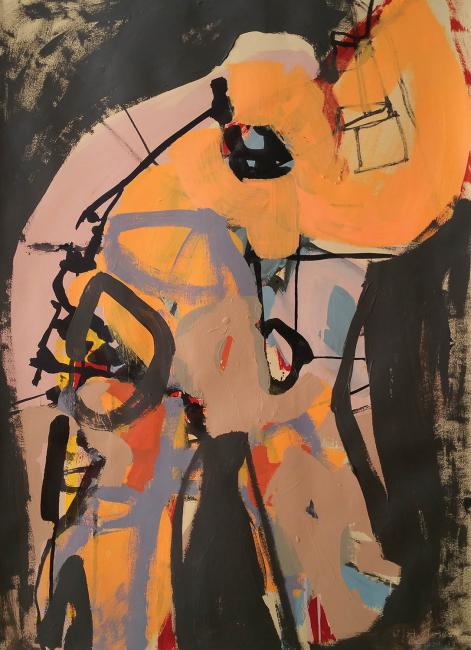
Joel Dinerstein
Biography
Joel Dinerstein is the author of The Origins of Cool in Postwar America (University of Chicago, 2017); American Cool (Prestel, 2014); a brand study, Coach: A Story of New York Cool (Rizzoli 2016); and Swinging the Machine: Modernity, Technology, and African American Culture Between the World Wars (University of Massachusetts, 2003). He was also the cocurator of American Cool, an acclaimed photography and cultural history exhibit at the National Portrait Gallery in 2014. He is Professor of English at Tulane University.

